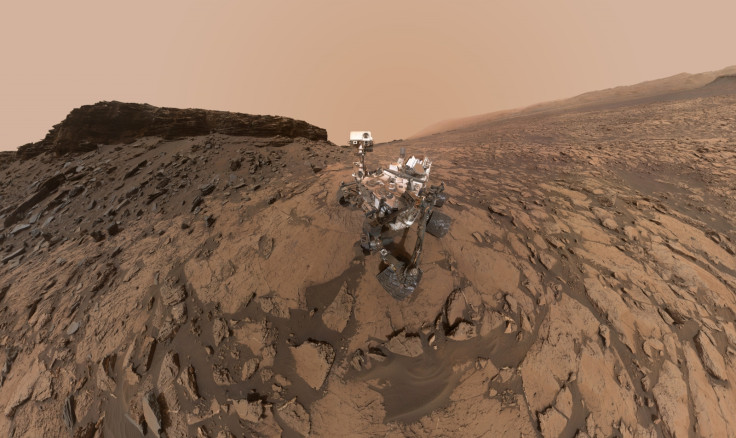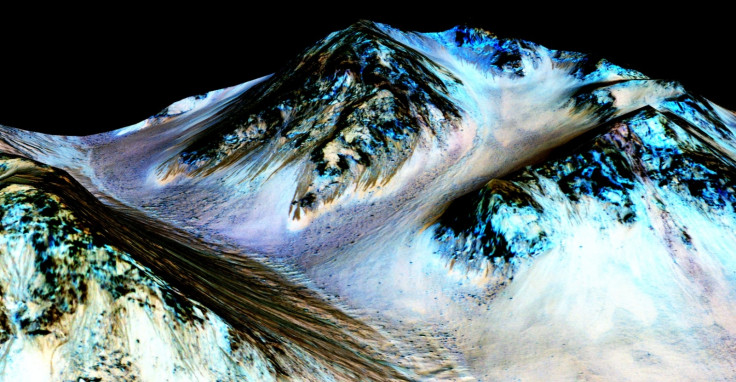Martian meteorites reveal drought of millions of years on the planet
Meteorites investigated with Mars Exploration Rover Opportunity suggest planet has been arid for a long time.

Mars has been going through a drought for millions of years, according to new research. Scientists came to the conclusion from the lack of rust on meteorites on the planet, which suggests an incredibly dry environment.
The Red Planet is a primary target in the search for life in our Solar System but to have any hope of finding traces of life, scientists must first identify the presence of water. Current research indicates that life may at some point have arisen on Mars, but that was probably within the first billion years of its formation, when the climate was warmer and wetter. The conditions then would have been similar to those on Earth when the first microbes appeared.
However, new data reported in the journal Nature Communications suggest that since then, Mars has been extremely dry, with little chance of life thriving on its surface.
Study author Dr Christian Schröder, from the University of Stirling, said: "Evidence shows that more than three billion years ago Mars was wet and habitable. However, this latest research reaffirms just how dry the environment is today. For life to exist in the areas we investigated, it would need to find pockets far beneath the surface, located away from the dryness and radiation present on the ground."
Looking at meteorites
The team used data from the Mars Exploration Rover Opportunity, the robotic rover which has been active on the planet for the past 12 years. They looked at a cluster of meteorites located on a plain south of the equator known as Meridiani Planum.
Their analysis of the meteorites has allowed them to calculate how long it takes for rust to form from the metallic iron present in them. This chemical weathering process depends on the presence of water on the planet, so understanding the time the process takes to unfold can inform scientists about quantities of water.

The scientists have found out that it takes at least 10 and possibly up to 10,000 times longer on Mars to reach the same levels of rust formation than in the driest deserts on Earth. This is a very strong indication that conditions on Mars today are that of extreme aridity, and have been so for millions of years.
The findings weaken the conclusions of a study published last year based on data from the the Curiosity Rover which had investigated Gale crater – located at the same latitude as the meteorites examined in this latest research. The 2015 study had provided the strongest evidence so far that salty liquid water potentially flowed intermittently on present-day Mars.
"However, as our data show, this moisture is much less than the moisture present even in the driest places on Earth," concluded Schröder, who is also the science team collaborator for the Mars Exploration Rover Opportunity mission.
© Copyright IBTimes 2025. All rights reserved.






















